7:00AM to 5:00PM
When we talk about emergency plumbing issues, we refer to critical situations that demand immediate action to safeguard your property and prevent potential health hazards. But what is considered a plumbing emergency?
Burst pipes, gas leaks, sewer backups, and water leaks are common examples of emergency plumbing problems. These issues require prompt attention because they can cause significant damage, compromise your safety, and disrupt your daily life.
As a homeowner, it’s essential to be aware of the signs that indicate an emergency plumbing issue. For instance, if you notice water gushing out from a burst pipe or a strong gas odour, it’s crucial to act swiftly.
Ignoring these signs or delaying the response can lead to extensive water damage, health risks, and even structural issues. It’s always better to err on the side of caution and seek professional assistance when in doubt.
Emergency plumbing issues can arise unexpectedly and require immediate attention to prevent further damage. Understanding what qualifies as a plumbing issue is crucial to responding effectively. So, what is a plumbing emergency and when do you need to call a local emergency plumber? Well, let’s find out!
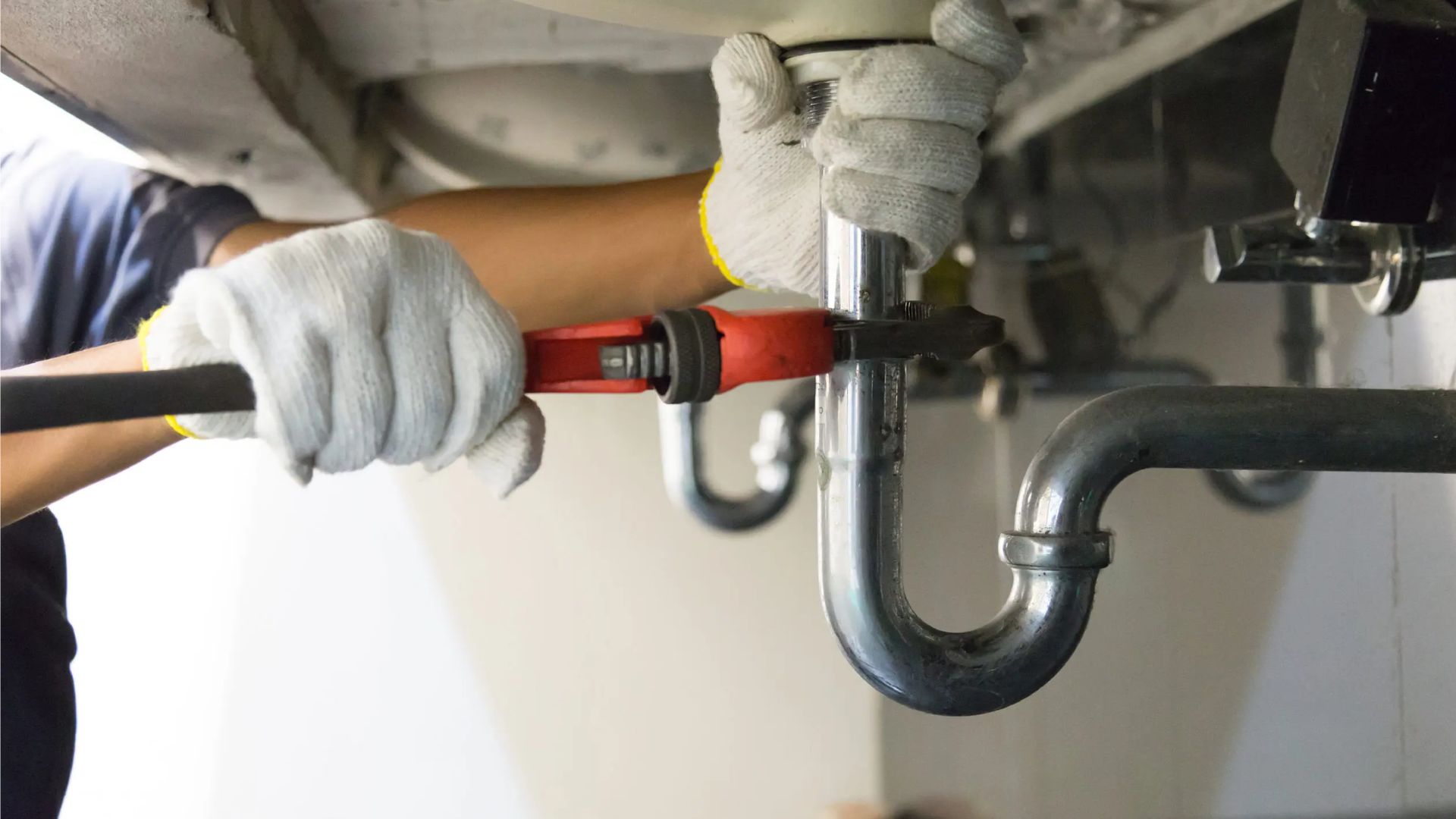
A burst pipe is one of the most critical emergency plumbing issues homeowners can face and is considered a plumbing emergency.
Burst pipes can occur for various reasons, such as corrosion or ageing pipes. Regardless of the cause, taking immediate action to minimise water damage and prevent further complications is crucial.
If you encounter a burst pipe in your home, follow these steps:
1. Shut off the water supply: Locate the main shut-off valve and turn it off to stop the water flow. This step is crucial to prevent additional water damage and flooding.
2. Assess the damage: Inspect the affected area and evaluate the extent of the damage. Look for signs of structural damage, water saturation, or potential electrical hazards.
3. Contact your local plumber: Once you’ve taken initial steps to mitigate the situation, it’s time to call your emergency plumbing service.

Gas leaks pose a significant threat to both property and personal safety. Recognising the signs of leaking gas and taking immediate action to minimise the risks is crucial.
The smell of rotten eggs or sulphur, hissing sounds near gas appliances, or dead plants could indicate a gas leak. If you suspect a gas leak, follow these steps promptly:
1. Evacuate the premises: When you smell gas, ensure everyone leaves the building immediately and moves to a safe location away from the potential hazard.
2. Avoid open flames or electrical switches: Any spark or ignition source near leaking gas can trigger an explosion. Refrain from using lighters, matches, or any electrical devices until the issue is resolved.
3. Contact your plumbing emergency service contractor: Notify the local gas company or emergency services about the suspected possible gas leak and your emergency plumber. They have the expertise to handle such emergencies and will guide you through the necessary steps.
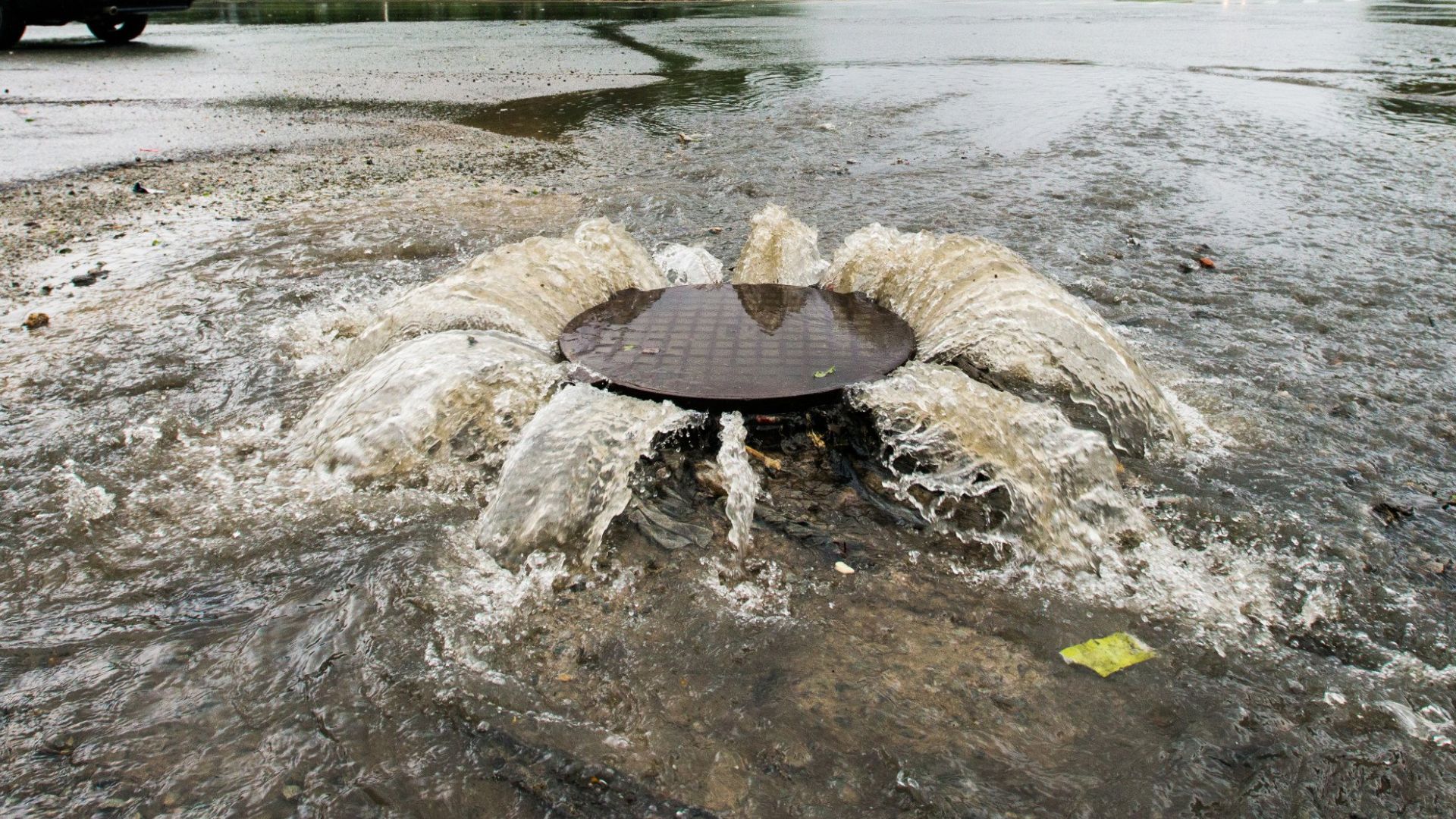
Sewer system backups are messy and pose severe health hazards due to potential exposure to contaminated water and harmful bacteria. Identifying the signs of a sewer backup early on can help prevent further damage and protect your health.
Common indicators of a sewer backup plumbing emergency include more than one blocked drain in your plumbing systems, gurgling noises from drains or toilets, and foul odours. If you suspect a sewer backup, take the following steps:
1. Avoid contact with contaminated water: Sewage water contains harmful bacteria and pathogens. Refrain from touching or attempting to clean up the raw sewage without proper protective gear.
2. Shut off water usage: Turn off the water supply to prevent additional water from entering the sewer system. This can help minimise the extent of the backup.
3. Contact your emergency plumber for urgent emergency plumbing solutions.
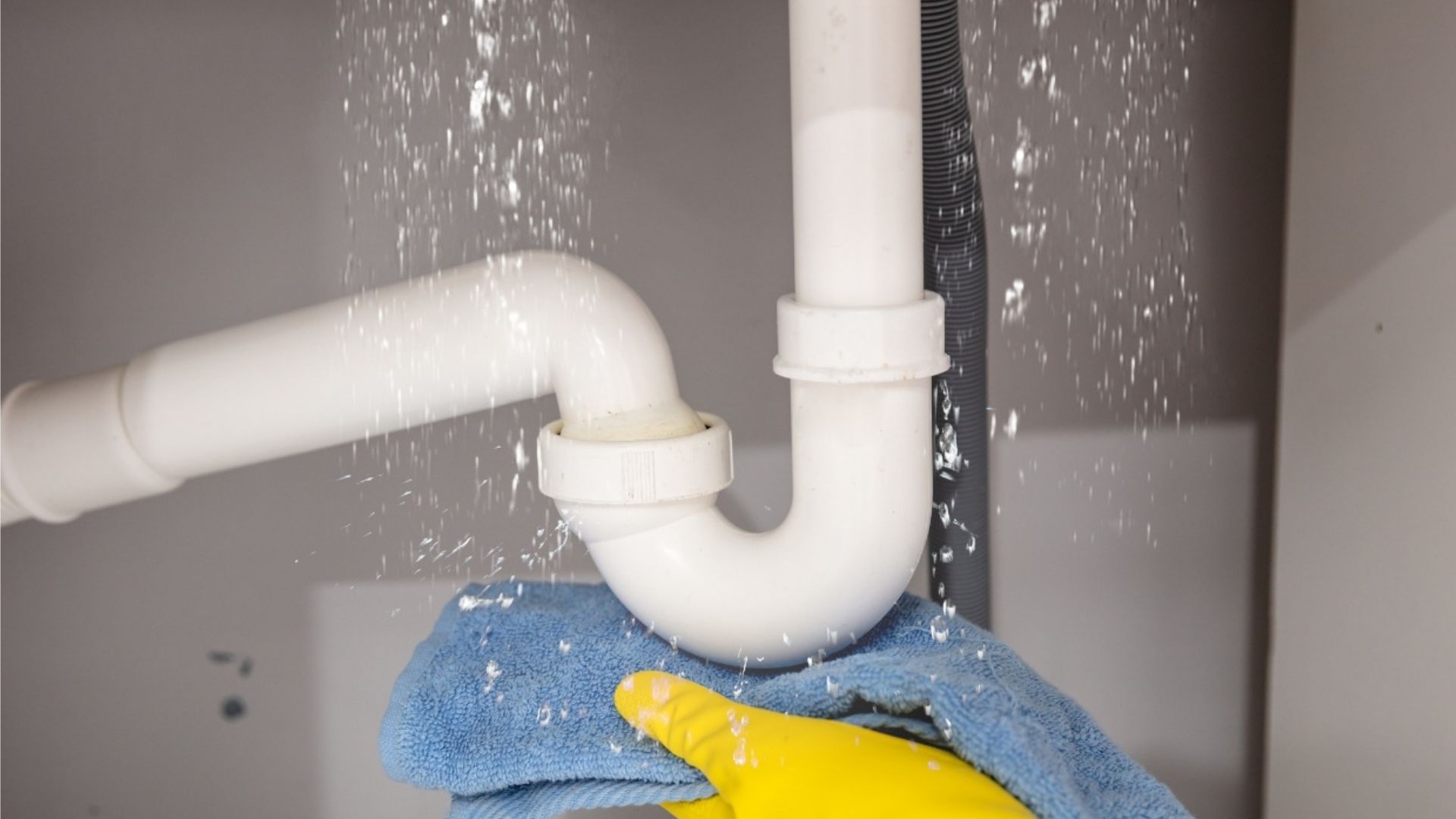
Water leaks and flooding can quickly turn into emergencies if not addressed promptly. Understanding when to call for emergency plumbing services is crucial in preventing further damage and potential health hazards.
Water leaks can occur for various reasons, such as damaged pipes, faulty fixtures, or plumbing system failures. One of the key indicators of a water leak is an unexplained increase in your water bill. If you notice a significant rise in water usage without any logical explanation, it could indicate an underlying leak.
Another sign of a water leak is the presence of dampness or water stains on walls, ceilings, or floors. Pay attention to musty odours or the sound of running water when all faucets are turned off. These are potential indications of hidden leaks within the plumbing systems.
When it comes to flooding, it’s essential to act swiftly. Flooding can result from burst pipes, severe weather conditions, or sewer backups. If you experience sudden and extensive water accumulation on your property, it indicates an emergency that requires immediate attention.
While burst pipes, a gas leak, sewer backups, and water leaks are some of the most common plumbing emergencies, there are other plumbing emergencies that homeowners should be aware of. Addressing these issues promptly can help prevent further damage and save you from expensive repairs.
Leaking fixtures, such as taps, showers, or toilets, may seem minor initially, but they can waste significant water and lead to increased water bills. Ignoring these leaks can also cause damage to surrounding areas and contribute to mould growth.
Broken water heaters can disrupt your daily routines, especially in terms of hot water availability. If you notice a sudden lack of hot water or inconsistent temperature, it could indicate a plumbing problem with your water heater. Prompt repairs or hot water system replacements by a professional plumber can restore your reliable hot water supply.
Blocked drains are another critical issue that requires attention. Blocked toilets and drains can lead to slow water drainage, foul odours, and even water backups, such as an overflowing toilet. DIY attempts using harsh chemicals can sometimes worsen the problem, making it essential to seek professional plumbing services to clear the blockage effectively.
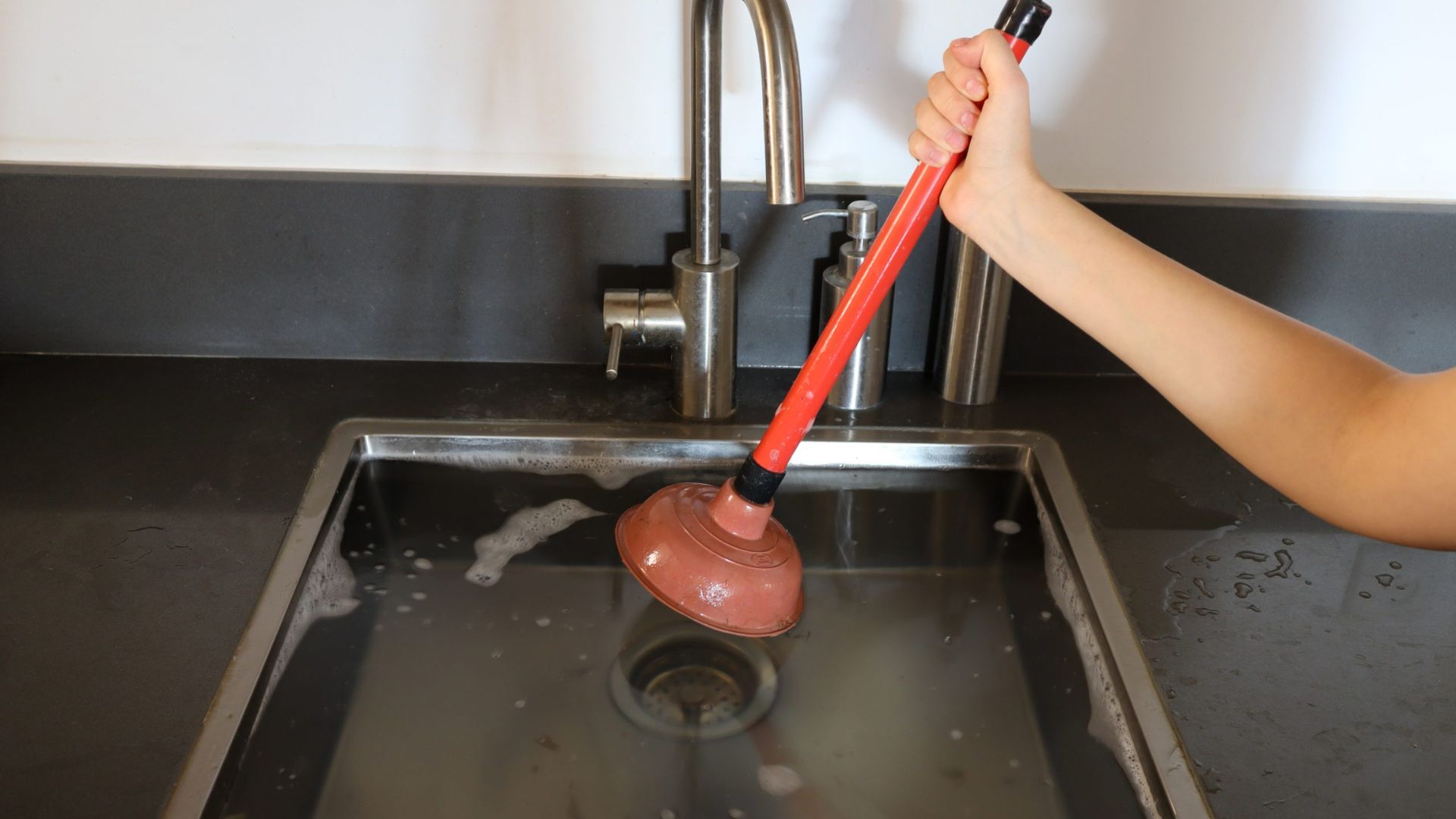
To minimise the risk of encountering emergency plumbing situations, it’s crucial to implement preventive measures. By taking proactive steps, you can avoid potential disruptions and costly repairs. Here are some practical tips to help you maintain your plumbing system and prevent emergencies.
Schedule regular inspections with a professional plumbing service to identify any underlying issues before they escalate. A licensed plumber can detect early signs of leaks, corrosion, or other problems and address them promptly.
Ensure your pipes are insulated, especially in areas prone to cold temperatures. Insulation helps prevent freezing and subsequent burst pipes, which can lead to significant water damage. Insulating hot water pipes can also improve energy efficiency by reducing heat loss.
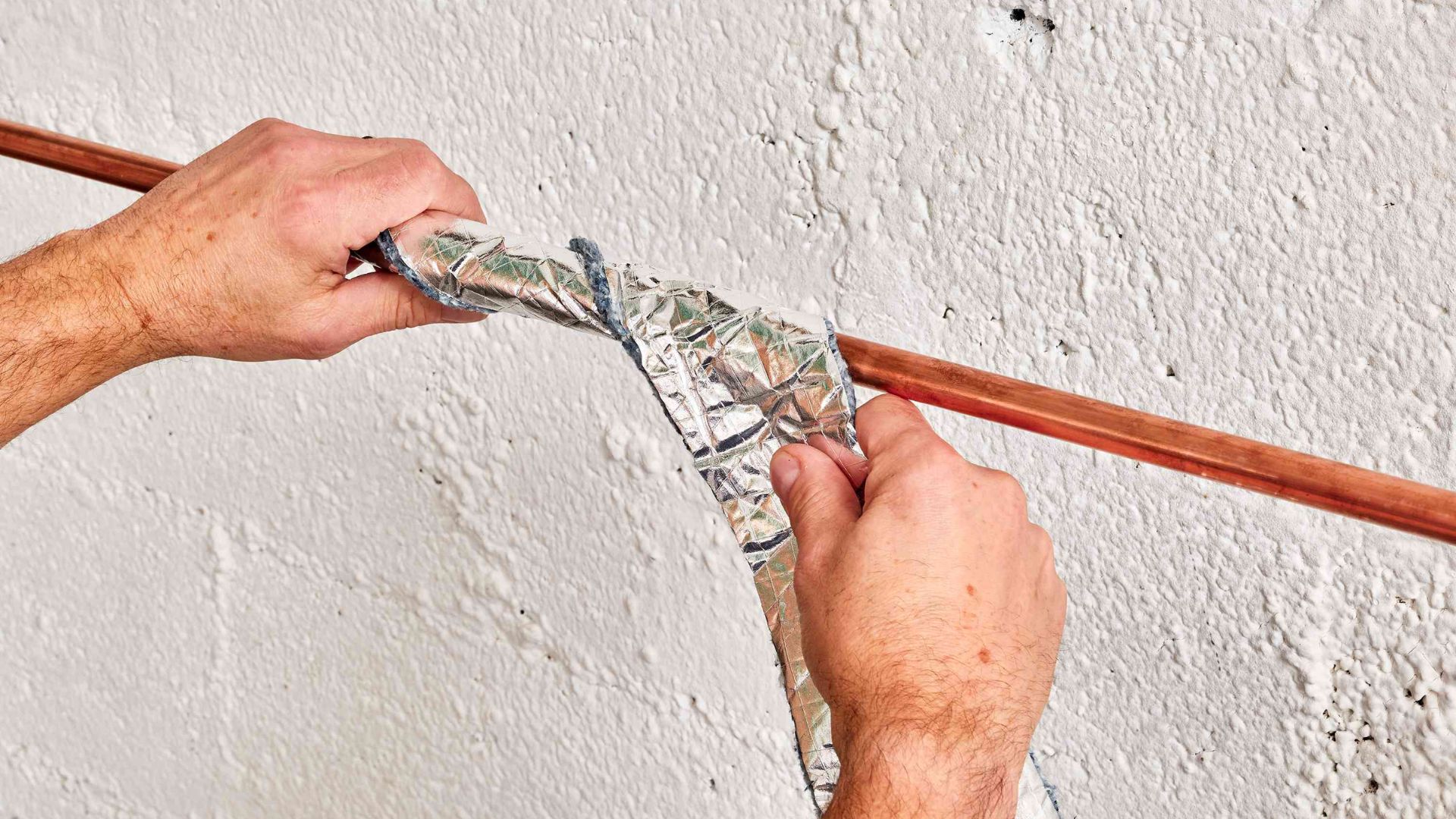
Address minor plumbing issues promptly to prevent them from turning into emergencies. Don’t ignore dripping faucets, leaking fixtures, or running toilets. Even seemingly insignificant leaks can waste water and contribute to larger problems over time.
Following these preventive measures can significantly reduce the likelihood of emergency plumbing situations. However, it’s essential to remember that unforeseen events can still occur.
In emergency plumbing situations, temporary fixes can help mitigate damage and provide temporary relief until professional assistance arrives. Here are some do-it-yourself solutions for common plumbing emergencies:
Applying a pipe clamp can temporarily stop the leak if you encounter a burst pipe. Start by turning off the water supply and releasing any trapped water. Then, wrap the damaged section of the pipe tightly with a rubber pad and secure it in place using a pipe clamp.
For localised leaks, shutting off the water supply to the affected area can prevent further damage. Locate the shut-off valves for specific fixtures or appliances, such as toilets or sinks, and turn them off until repairs can be made.
In cases of minor flooding or water leaks, use buckets, towels, or mops to contain and remove excess water. This can help prevent water damage to surrounding areas and minimise the risk of slips or falls.
It’s important to note that these temporary fixes are not permanent solutions. They are meant to provide temporary relief while you wait for an emergency plumber.
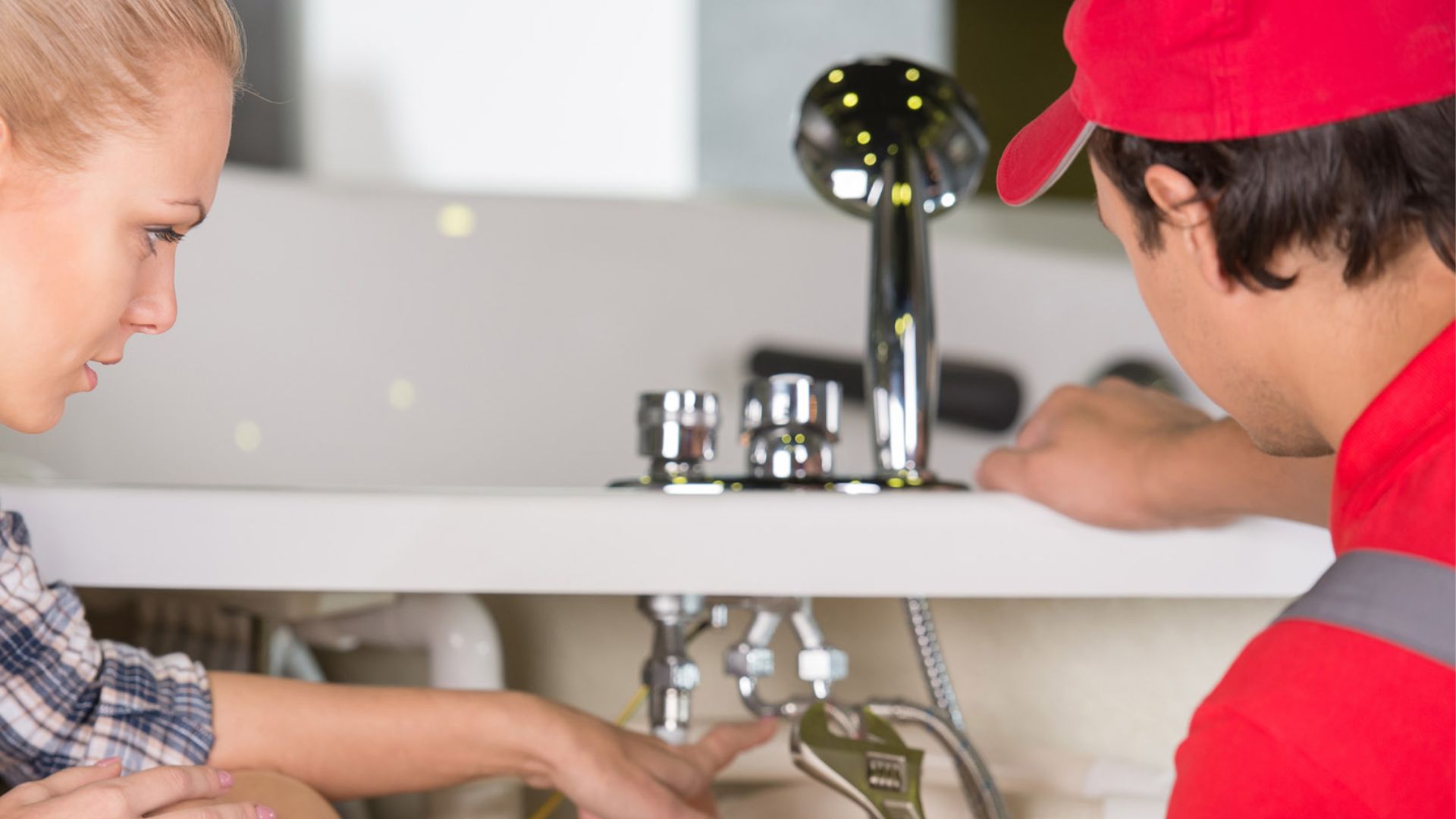
When you encounter a plumbing emergency, acting swiftly and contacting an experienced and dependable emergency plumber is crucial. The following tips and considerations will assist you in seeking the necessary assistance:
One of the primary factors to consider is the availability and response time of the emergency plumber. It is advisable to choose a plumber who offers same-day or 24/7 services. Plumbing emergencies can occur anytime, and a prompt response is vital to minimise the potential damage.
Another important aspect is to verify the qualifications and certifications of the emergency plumber you choose. Ensuring they are licensed and certified guarantees they possess the necessary expertise and knowledge to handle the emergency effectively.
Reading online reviews and seeking recommendations from people you trust, such as friends, family, or neighbours who have previously utilised emergency plumbing services, is also beneficial. Their experiences and insights can provide valuable information about the reliability and quality of work of different plumbers.
When contacting emergency plumbers, inquiring about the pricing structure and whether they offer upfront quotes is essential. Transparent pricing helps you avoid unexpected costs and clearly understand the service’s financial aspect.
In the unfortunate event of water damage resulting from a plumbing emergency, it’s crucial to take immediate action to prevent further harm and initiate restoration. Here are essential steps to consider when dealing with the aftermath of water damage:
Before entering the affected area, ensure that it is safe. Turn off the electricity to prevent the risk of electric shock, and wear protective gear, such as rubber gloves and boots, to minimise exposure to contaminated water.
Take photographs or videos of the affected areas and damaged belongings. This documentation can be useful for insurance claims and as evidence for future repairs.
Inform your insurance provider about the water damage and follow their instructions for filing a claim. Provide them with all the necessary documentation and keep copies for your records.
Engage in the services of a reputable water damage restoration company. These professionals have the expertise and equipment to extract water, dry the area, and mitigate further damage. They can also assist with mould remediation if necessary.
Homeowners and businesses must understand what constitutes a plumbing emergency issue. Plumbing emergencies can cause significant damage and disruption if not addressed promptly. By recognising the signs and taking immediate action, you can mitigate the impact and ensure the safety and functionality of your plumbing system.
A plumbing emergency is typically characterised by situations such as burst pipes, major leaks, sewage backups, gas leaks, or any issue that poses an immediate threat to your property or the well-being of its occupants.
It’s important to remember that even seemingly minor issues, if left unattended, can escalate into emergencies over time. So, it’s crucial to be proactive and seek assistance from your local plumbing company assistance at the earliest signs of trouble.
When faced with an emergency plumbing situation, don’t hesitate to contact an experienced and reliable emergency plumber. Look for plumbing companies offering 24/7 services, ensuring help is available whenever needed.
Gold Coast Plumbing Company is dedicated to providing prompt and reliable emergency plumbing services. With our team of skilled plumbers, we have the expertise to handle various emergencies effectively. If you are faced with a plumbing emergency, call us on {{custom:phone}}.